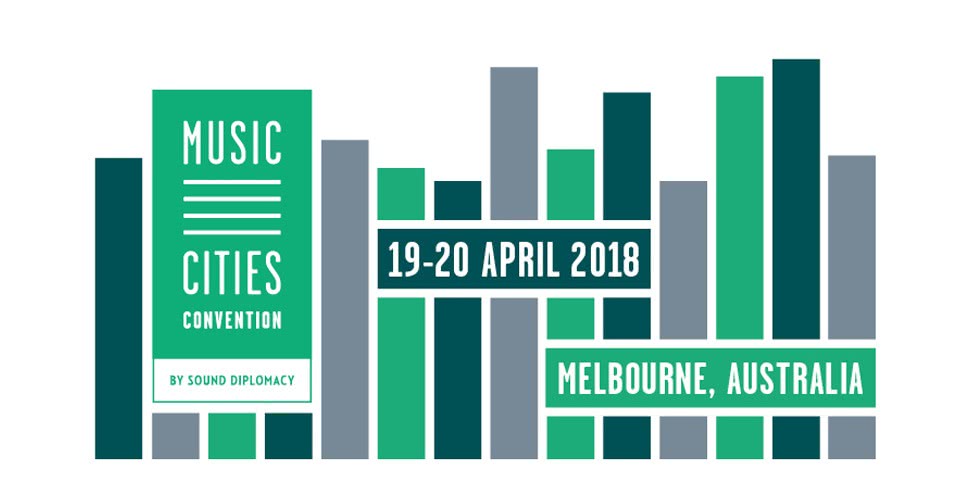The inaugural Music Cities Melbourne conference kicked off in a big way

Just last week, we received the amazing news that Melbourne has been crowned the live music capital of the world, so what better time for the city to hold a conference in which they discuss what it takes for a city to truly become a city of music.
Spearheaded by Shain Shapiro, the CEO of Sound Diplomacy, Music Cities Melbourne marks the first time that the Music Cities convention has ventured outside of the Northern Hemisphere, with attendees receiving a veritable education on the benefits that live music has for a city. Taking over the Melbourne Arts Centre, representatives from all over the globe gathered in eagerness to experience what Australian music brings to the table.
Kicking things off with a presentation by Helen Marcou, the co-founder of Richmond’s Bakehouse Studios and the SLAM (Save Live Australia’s Music) initiative, it became very clear as to just how passionate Australians are in regards to their live music scene.
“[In 2010,] up to 126 venues either limited or cancelled their live music programs,” Marcou recalled of the beginning of the SLAM initiative, relating back to the draconian measures enforced by the state government in 2010 which saw live music in Melbourne at risk.
“Our beloved live music scene was haemorrhaging, musicians were losing their livelihoods, and the culture of live music was under threat,” Marcou continued. “We learnt very quickly that in an election year, change can happen fast.”
While the threat of venues closing is no longer as much of a palpable fear as it was back in the early days of the SLAM rally, Marcou’s story reminded everyone in the room just how beloved the mere concept of live music is in a city like Melbourne, and how much Victorians are willing to fight for their right to rock and roll all night.
Helen Marcou’s presentation also touched upon the topic of assault and abuse within the music scene, focusing in particular her work with the LISTEN collective, which aims to stand up for female artists in the world of live music.
“It was so important to me, morally, because I’d spent so many years championing our live music venues as places where violence was mitigated and places that were safe, that our own artists were not afforded the same workplace protections as they are in other industries, so I felt we had a duty of care to protect them in their workplace,” Marcou explained.
The Music Cities conference also saw a discussion from a number of academic members of the cultural sector, including Dr. Will Straw PhD from the McGill University of Montreal, Kim-Marie Spence, a former Head of Creative Industries, Jamaica, and Dr. Andrew Baker PhD, a Senior Lecturer in Journalism at Monash University. Together, they heavily discussed the role and impact of cultural policy on cities, and how locations around the world have benefited from such a change and have become hubs for cultural exchanges.
Following a stunning performance from Indigenous music icon Archie Roach, which also featured an immersive retelling of how he found his way into the world of music, attendees heard from Magamba Network CEO Farai Monro and The Music District Director Jesse Elliott about the statuses of Harare, Zimbabwe and Fort Collins, USA as global music cities, respectively.
The afternoon wrapped up with an in-depth discussion about the role of of the visitor economy and tourism on local musicians and culture, leaving attendees eager to return the next day to further the discussion about the role of Music Cities in the world.
The inaugural Southern Hemisphere edition of the conference wraps up on Friday.
This article originally appeared on The Industry Observer, which is now part of The Music Network.


































